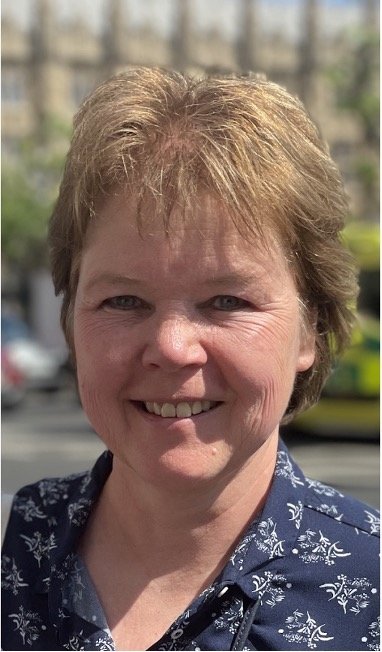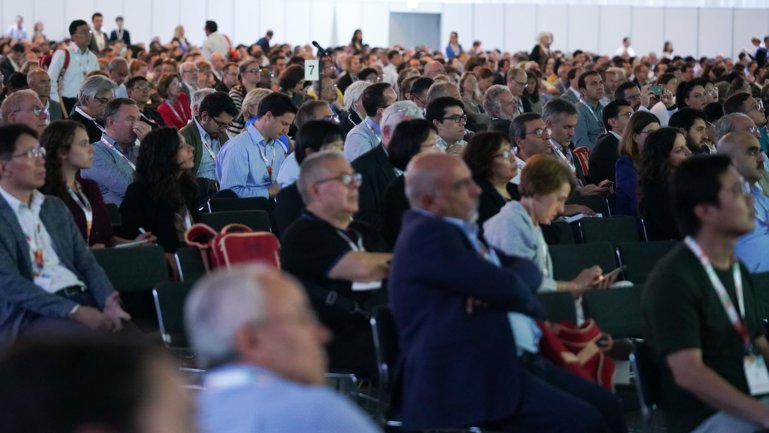While local and regional initiatives address some major barriers, global efforts are needed to make molecularly guided options accessible to all patients.
While molecularly guided precision oncology can deliver significant benefit to a growing number of patients, the complex interplay between availability and accessibility of molecular diagnostics and molecularly guided-treatment options (MGTO) is complicated by a plethora of barriers. Thus, understanding these hurdles and creating systems to ensure sustainable access to molecular testing, interpretation of results and access to treatment is of utmost importance. At this year’s ESMO Congress, four abstracts address the implementation of precision oncology in clinical practice and show innovative strategies to drive precision oncology forward.
In one study, the authors conducted a survey among department heads in medical oncology across Italy to describe the precision oncology landscape at a national level (Abstract 1337P). With 113 of 129 responders included from 19 of 21 Italian regions, the analysis of survey results gives a representative overview of the current situation in the country. Approximately half of the centres report the use of next-generation sequencing at cancer diagnosis. While molecular tumour boards (MTBs) are present in 13 of 19 Italian regions, almost 44% of respondents have not referred cases for consultation and 33.6% do not have access to an MTB. The authors rightly conclude that this assessment could serve as an important starting point to establish national structures for precision oncology in Italy.
Across Europe, a growing number of countries have pioneered national initiatives to embed precision oncology in clinical practice. A Norwegian initiative (Abstract 1315O) took a holistic approach and structured the entire value chain from access to MGTOs, harmonisation of molecular diagnostics via nationwide MTBs and reimbursement via nationally implemented platforms. Furthermore, a private–public partnership was set up to discuss pressing issues ranging from health policy to reimbursement and regulatory considerations. Overall, this concerted and well-structured programme seems promising and could serve as a model for other initiatives. Importantly, structured collection of real-world evidence and health economic analyses accompany the programme and will support continuous assessment of the initiative in the future.
A consequence of poor accessibility to MGTOs is that patients are often treated in an off-label setting. Ree and colleagues (Abstract 1314O) have developed a model to help evaluate the cost-effectiveness of off-label MGTOs in patients with end-stage cancer and suggest risk-sharing models in private–public partnerships to allow access to off-label treatment.
Another interesting example of optimising off-label treatments comes from the Netherlands where the Drug Rediscovery Protocol (DRUP) was embedded into the national healthcare system to regulate access to agents approved in other indications. In the presentation (Abstract 1312O), the authors describe how DRUP evolved from ‘regulating off-label use to an environment of drug repurposing’. Working closely with insurance companies, the DRUP team went from mere regulation of off-label use to a system where joint efforts can lead to evidence generation and a rational use of MGTOs outside of their original indication.
Reflecting on these data, it has become increasingly evident that local or regional initiatives are only partly sufficient in addressing the existing systemic barriers to precision oncology, and concerted national and global efforts are needed in the future.
Abstracts presented:
S. van Waalwijk van Doorn-Khosrovani, et al. From regulating off-label use to creating an environment for drug repurposing in oncology. ESMO Congress 2022, Abstract 1314O
Proffered Paper session: Policy and preventive strategies, 10.09.2022, h. 14:45 – 16:15, Marseille Auditorium
AH Ree, et al. Cost-effectiveness of molecularly matched off-label therapies for end-stage cancer—the MetAction precision medicine study. ESMO Congress 2022, Abstract 1314O
Proffered Paper session: Policy and preventive strategies, 10.09.2022, h. 14:45 – 16:15, Marseille Auditorium
K. Tasken, et al. Key learnings from building a precision cancer medicine implementation initiative for Norway. ESMO Congress 2022, Abstract 1315O
Proffered Paper session: Policy and preventive strategies, 10.09.2022, h. 14:45 – 16:15, Marseille Auditorium
G. Fasola, et al. Implementation of precision oncology in clinical practice: a nationwide survey in Italy. ESMO Congress 2022, Abstract 1337P.
Poster display, Hall 4. An e-Poster is also available on the Congress virtual platform






